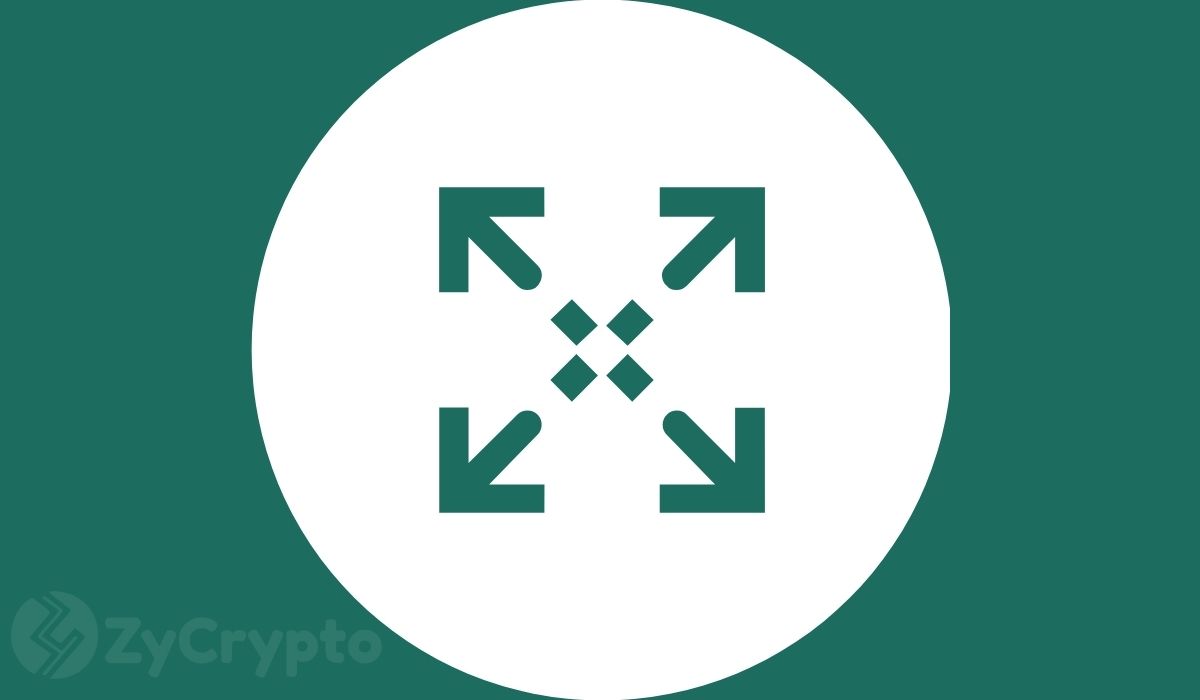ARTICLE AD BOX

Fidelity Investments, an American asset management company, has applied to register its tokenized U.S. dollar money market blockchain, joining a growing list of businesses that are tokenizing assets. Fidelity registered its blockchain with the SEC, creating a tokenized version of its Fidelity Treasury Digital Fund (FYHXX), which contains cash and treasury securities.
The SEC filing revealed that Fidelity wishes to create an on-chain share class of its funds, FYHXX, using the Ethereum network but plans to create an independent blockchain.
FYHXX will not invest in cryptocurrencies but in cash and U.S. securities. It currently holds 80% in securities. Fidelity made a previous SEC filing before this one to introduce Staking for the Ethereum ETF, attempting to catch up to Blackrock, which was already investing in blockchain technology.
Tokenization money funds offer quicker settlement times, direct transactions, 24/7 trading, and more liquidity. Fidelity can take traditional investments like bonds, funds, and credit, place them on the blockchain, and provide better asset access. For Fidelity, Real-World Assets are tokenized using the Ethereum blockchain.
FYHXX will provide shareholders with verifiable transactions on the blockchain, keeping track of shares owned, but will be backed up with a traditional method of record keeping. The blockchain, therefore, will not be the official record of shares traded but will be updated daily to reflect the off-chain official record. Further, the U.S. Treasury bills would not be tokenized directly. The dual record model, with the primary record being off-chain and the secondary record being an Ethereum blockchain, could be vital to transitioning to an on-chain primary record.
Fidelity, which manages $5.8 trillion, has been lagging behind other companies regarding blockchain adoption. Blackrock runs the money market BUIDL, which holds $1.5 billion in assets. Blackrock has been the leader in asset management, with other contenders following its example. Franklin Templeton has also developed a money market using tokenized funds, with $689 million.
Debanking, the phenomenon of banks refusing to finance crypto businesses, didn’t help with adopting tokenized assets. Banks often lumped cryptocurrencies and tokenized assets in the same basket, despite tokenized assets following the same rules as traditional assets. A change in attitude occurred when Blackrock created BUIDL, a tokenized asset class. Many banks prefer AI companies to blockchain-based companies, despite both having varying degrees of risk depending on the underlying business model.
“There was no question”, said Robbie Mitchnick, Blackrock’s head of crypto, “that the blockchain we would start our tokenization on would be Ethereum, and that’s not just a BlackRock thing, that’s the natural default answer. Clients clearly are making choices that they do value the decentralization, they do value the credibility, and the security and that’s a great advantage that Ethereum continues to have”.
.png)
 2 hours ago
2
2 hours ago
2








 English (US)
English (US)